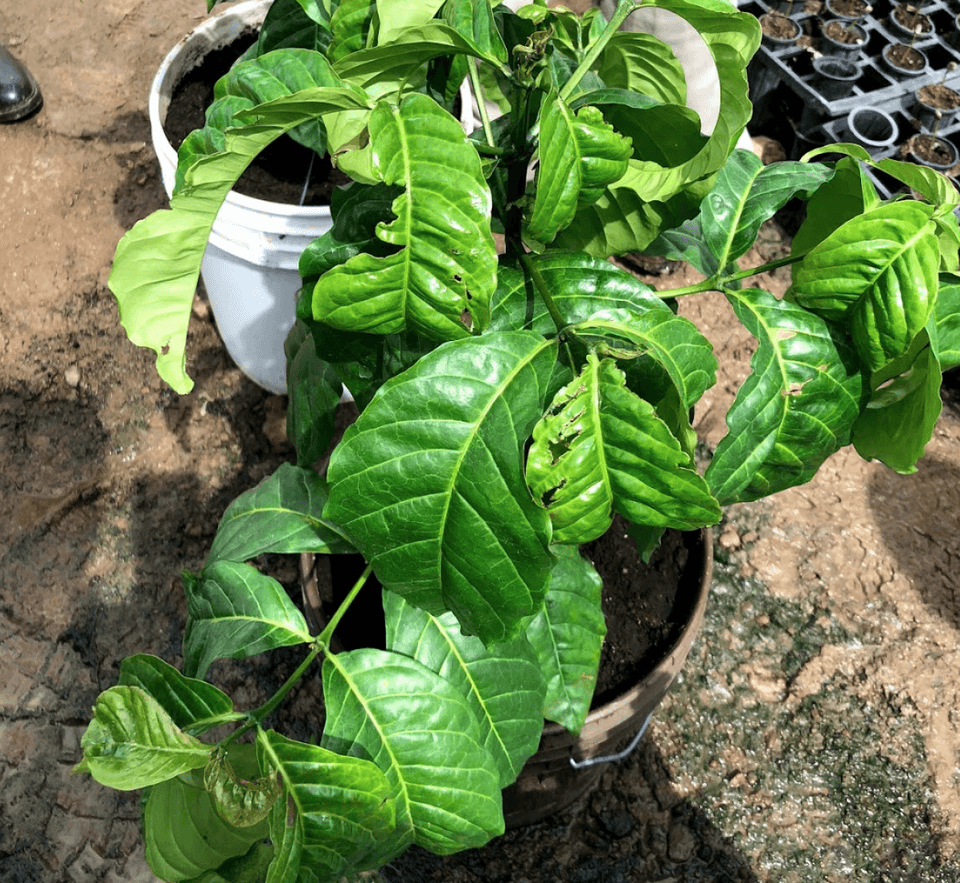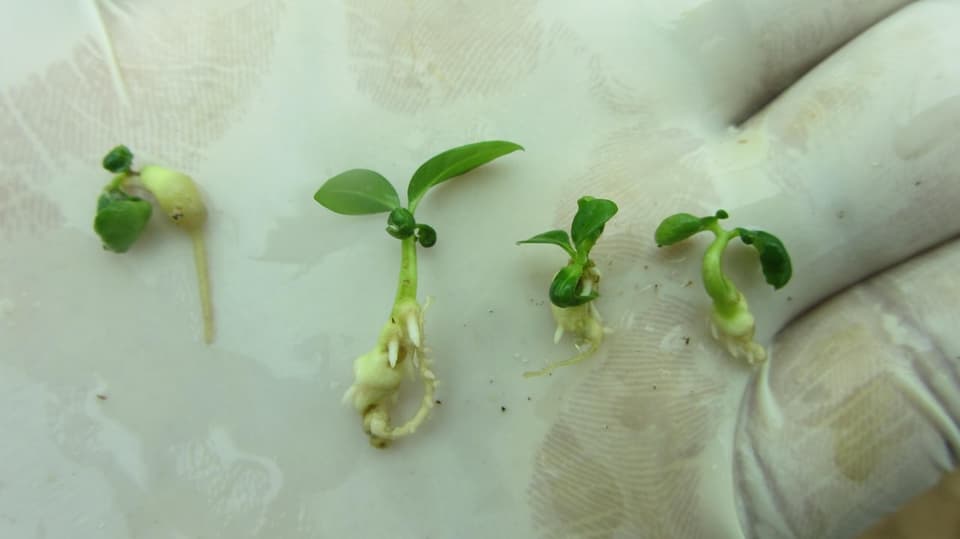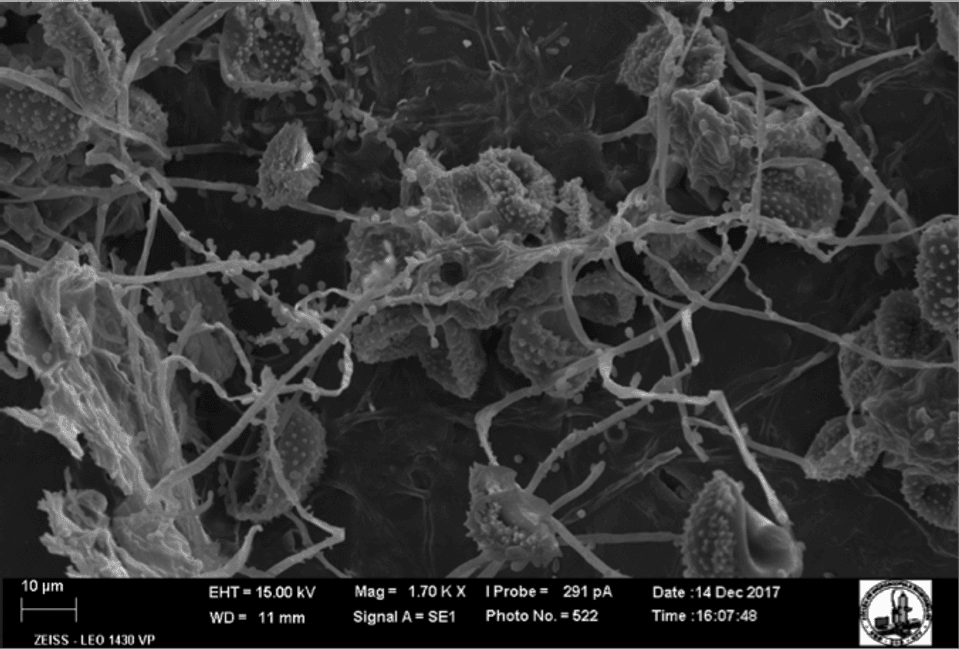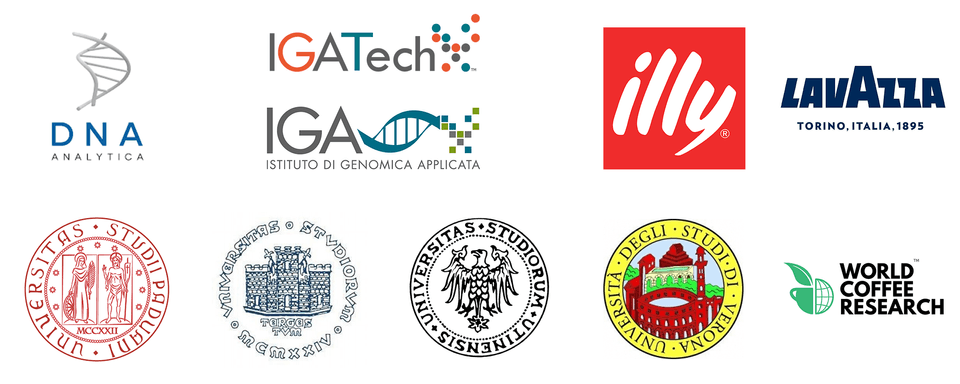The latest news and knowledge from World Coffee Research
News
Media Inquiries
Hanna Neuschwander
hanna@worldcoffeeresearch.org
503-560-7828
A new Arabusta for the 21st century
On the island of East Timor, sometime in the 1920s, an impossible legend was born: the Timor Hybrid. Somehow, a C. arabica plant and a C. canephora (Robusta) plant reproduced and created a natural hybrid offspring—an Arabica variety that contained Robusta genetics.

Sales of Dunkin’ Original Blend coffee will support World Coffee Research
Sales of Dunkin’ Original Blend coffee will support World Coffee Research to help grow, protect and enhance supplies of quality coffee.

Unpacking The 2017 World Coffee Research Annual Report
A new article from coffee publication Sprudge is a deep dive into World Coffee Research’s 2017 Annual Report. Writer RJ Joseph goes in-depth on the problems WCR is trying to address; the momentum WCR has; the accessibility of the research, information, and resources; and the future of the work.

Biological control of coffee leaf rust
Costly fungicides and pesticides aren’t the only way to control pests and diseases on a farm. Left alone, nature has developed complex and effective ways of reducing damage by diseases. Such natural control exists because every organism in nature has a range of natural enemies—competitors, parasites or predators—that are capable of reducing the size of its population. In the wild, coffee leaf rust has its own range of natural enemies.

First fully open-access Coffea arabica genome sequence released
Today, a partnership led by illycaffè and Lavazza, together with Istituto di Genomica Applicata, IGA Technology Services, DNA Analytica, and the universities of Trieste, Udine, Padova, and Verona, released the results of the Coffea arabica Genome Sequencing Project. This unique achievement in genome research will accelerate scientific efforts to ensure the future of coffee agriculture, which is threatened by climate change. World Coffee Research (global coffee industry R&D nonprofit organization) is making the full genome sequence public via its website today. This is the first genome sequence for Coffea arabica available to the public.
